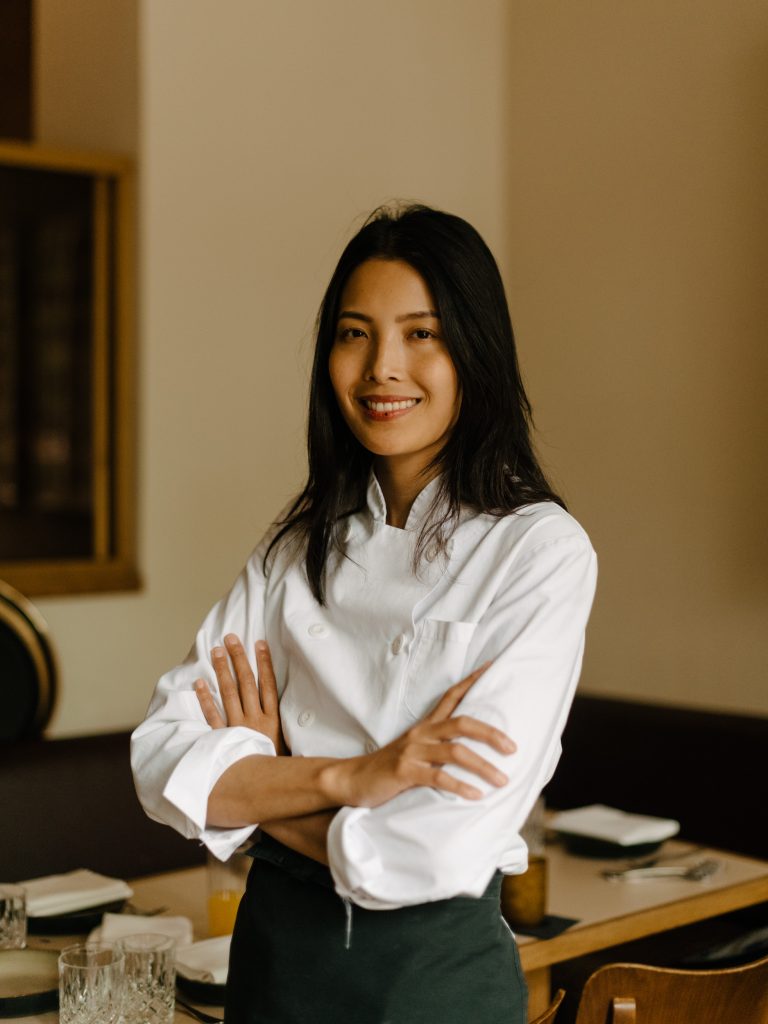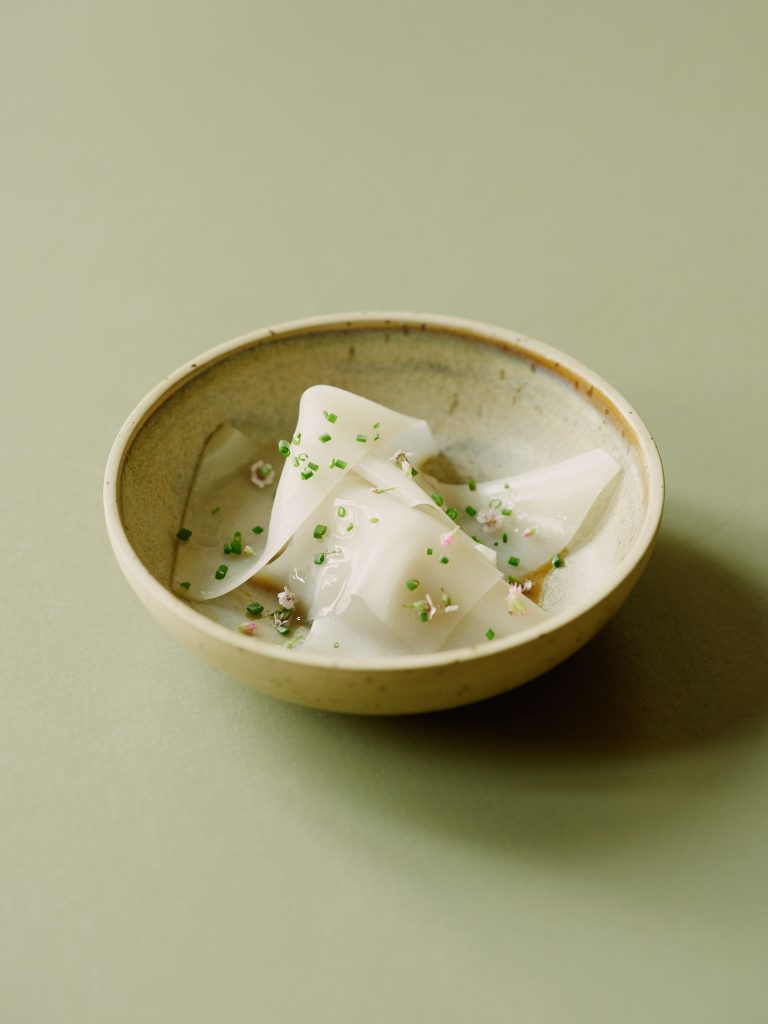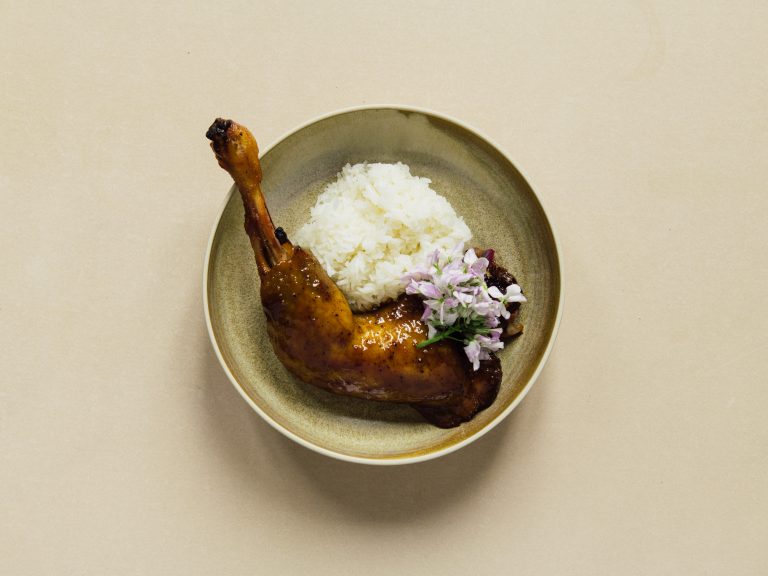

Dalad Kambhu‘s path from the fashion runways of New York to the bustling kitchens of Berlin’s Michelin-starred Kin Dee is a story of passion, resilience and a quest for culinary justice. Known for her commitment to sustainability and conscious cooking, Kambhu has redefined Thai cuisine by marrying traditional flavours with locally sourced ingredients. Now she shares insights into her inspiring journey, the challenges she faces as a female chef in a male-dominated industry and her vision for a more sustainable future in gastronomy.
hube: Your journey from studying and modelling in New York to becoming a Michelin-starred chef in Berlin is intriguing. What inspired you to transition from the fashion world to the culinary world, especially considering the challenges you faced in the beginning?
Dalad Kambhu: My passion for food and the injustice in food cultures visible in the Western world drove me to do what I do. I always loved food, but the injustice and prejudice against minority cuisines, which come with limitations, motivated me to showcase different kinds of food.
h: Your focus on conscious cooking and sourcing ingredients locally is commendable. How do you build relationships with local suppliers and what challenges or rewards come with prioritising locally sourced ingredients?
DK: It wasn’t easy in the beginning with the language barrier, but I was lucky to start at a time when there was a local produce movement. For instance, when I first started cooking at Kin Dee, Markthalleneun (Market Hall 9) in Kreuzberg was a place locals increasingly visited on weekends to buy fresh produce from nearby farmers. It became a weekend spot where we would go for coffee, get some veggies and cheese and perhaps have snacks from a Turkish lady who made Turkish dumplings or have a BBQ. They also offer services to restaurants for purchasing, which was a great help. As time went by, we discovered more local farmers we could buy directly from and developed relationships with them. It is so rewarding to see their produce on your plates, knowing we are serving such good produce that is part of a solution to make the world a better place – this is incredibly rewarding.
h: Kin Dee emphasises using seasonal and regional products with original Thai flavours. How do you approach the process of combining local ingredients with traditional Thai elements to create a unique dining experience?
DK: It used to start out, like most chefs, thinking of what we wanted to eat, but very quickly we learned that we should start by looking at the available produce and cook from there. We combine our passions, memories and love for our food with what is available.

